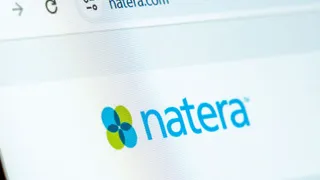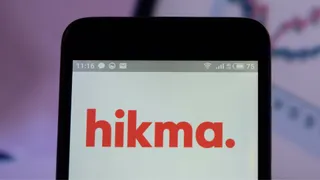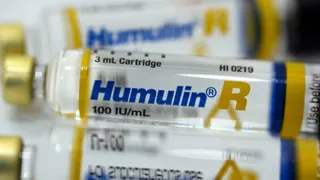Latest News & Features
Refine Search
Americas
The companies have agreed to dismiss their long-running patent fight over tumour-informed liquid biopsy technology, closing a high-stakes chapter in the fast-growing MRD testing market—while leaving the door open to future claims. 27 February 2026
Americas
As the US Supreme Court prepares to hear arguments in the Hikma and Amarin dispute, the case has drawn a broad coalition of industry support—including the US government and a co-author of the Hatch-Waxman Act itself. 26 February 2026
Americas
In a decision with implications for biotechnology licensing and pharmaceutical manufacturing, the Ninth Circuit has rejected a ‘sweeping’ royalty trigger from a lower court. 26 February 2026
Americas
The Danish company is contending with fierce competition, a clinical trial setback and a UK boost to its main rival, while making new moves to enforce its weight-loss-drug IP. 25 February 2026
Careers
The New York hire brings broad litigation and transactional experience, including advising clients on artificial intelligence, biotech, pharma and chemical matters. 24 February 2026
Medtech
A new study suggests the equipment already found in hospitals worldwide could offer a front line against fake vaccines and insulin. 23 February 2026
Americas
The German biotech claims the newly approved vaccine infringes its mRNA patent, deepening an already complex feud with billions of dollars at stake. 20 February 2026
Careers
The new hire has “deep experience in high-stakes International Trade Commission proceedings”, whose specialisms include medical devices, pharma and genomics. 20 February 2026
Americas
An EPO appeals board has denied Boston Scientific’s bid to revoke St Jude Medical’s transcatheter aortic valve replacement (TAVR) patent, but declined to hand a complete victory to the patent owner. 19 February 2026
Americas
The genetic testing firm claims that a former oncology specialist stole hundreds of confidential files in the dead of night, days before moving to a competitor. 19 February 2026



